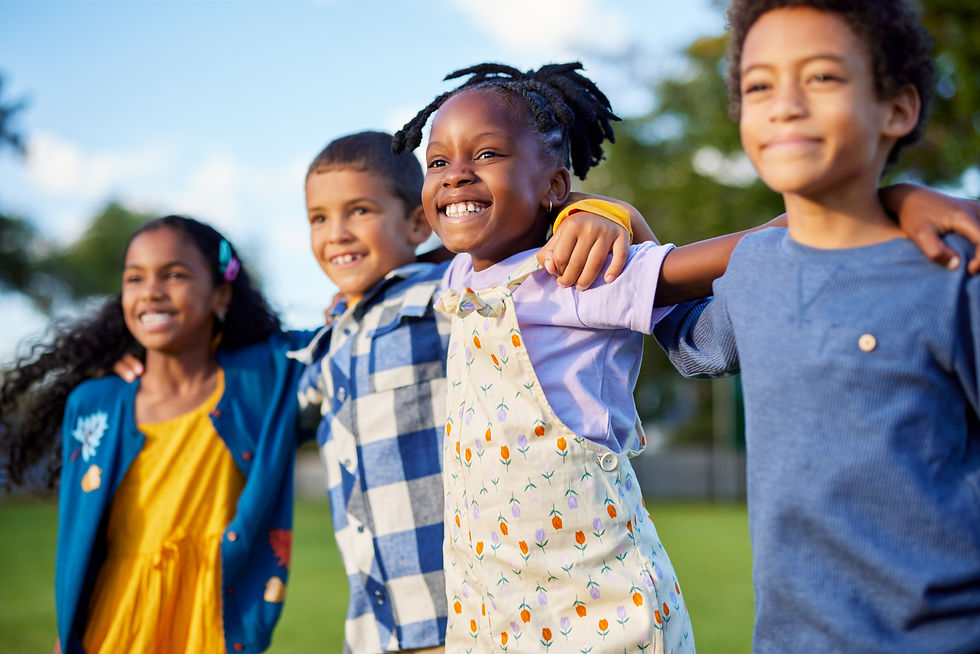Supporting AAPI Mental Health
- Cameron Bates
- Mar 23, 2022
- 2 min read

In light of soaring levels of hate crimes against Asian individuals, as well as the newly investigated labor exploitation of immigrants, we want to do everything we can to promote the wellbeing of our Asian-American and Pacific Islander (AAPI) readers. Even with a full year gone by, many AAPI people are understandably still processing the immense impact of the spa shootings that killed six innocent Asian women. We know that these horrific occurrences can be challenging to process at best, and are often deeply traumatic when they hit close to home. Staying informed can be challenging when the news is so scary, but it’s arguably more important than ever to be aware of the ways in which AAPI people are being treated in our world. When looking for relevant news and updates, The Georgia Asian times is the perfect place to get all your information about Asian-related health and more. Although a huge part of health is our mental wellbeing, the conversation around mental health in the AAPI community is often overlooked. In accordance with our mission to break mental health stigma, we want to recognize the unique cultural barriers AAPI individuals face in terms of seeking treatment, making them the racial-ethnic group least likely to address their mental health in a professional setting. This article dives deep into how racial identity, specifically for AAPI people, creates unique difficult journeys for families and individuals that commonly include a stigma around mental health. A large consequence of this stigma is that many individuals may never feel comfortable enough to seek the care they deserve. However, many organizations across the nation are working to change that.
There’s a wealth of amazing people and professionals working hard to support AAPI mental health in Georgia. Raksha is a Georgia-based nonprofit serving the South Asian Community by addressing domestic/sexual violence and divorce, as well as issues concerning children, senior citizens and new immigrants. Their mission is to promote a stronger and healthier community through free and confidential support services. The Center for Pan Asian Community Services (CPACS) provides care for Asians and refugees including counseling, housing, and health services. We also love Georgia Tech’s effort to support the mental health of their AAPI students with valuable knowledge and culturally appropriate resources. Finally, if you’re looking to get connected with a therapist who shares your values and background, you can start your search with Asian Mental Health Professionals of Georgia, or the Asian Mental Health Collective. We recognize the importance of a continued effort to address mental health concerns through the lens of cultural awareness and sensitivity as we build a more Resilient Georgia.





Comments